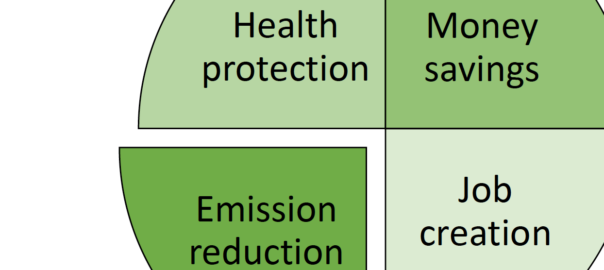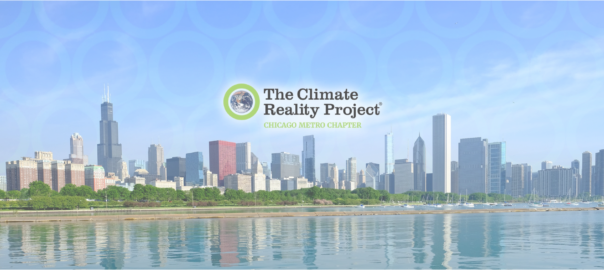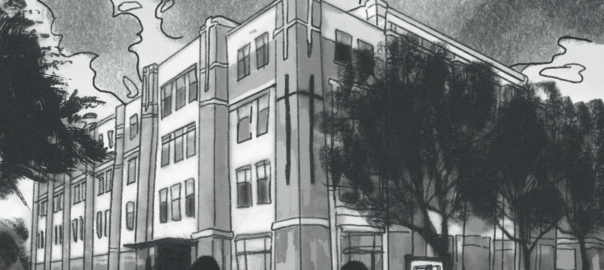As a member of Philosophers for Sustainability, I’m so excited that our APA 2+1 Campaign is bearing fruit! This February 20-22 & February 27 – March 1, the American Philosophical Association’s Central Division Meeting will be held entirely online, via Zoom.
Among other benefits, the fully virtual conference will:
- Substantially reduce greenhouse gas emissions (no flying!),
- Be much more affordable for participants (no hotels or flights to pay for!),
- Be more accessible to students, folks with various disabilities, health conditions, caring responsibilities, and others (no uncomfortable ballrooms!)
- Try out new session formats (read-ahead sessions, fully public sessions, optional watch parties for student groups, and more), and
- Allow for access to recorded sessions for a whole year (finally – I need not miss out when interesting sessions are scheduled concurrently)!
The program has just been published, and a lot of people have put a lot of work into making this fully virtual conference a reality. I’m very grateful to them all.
Let’s make the experiment a success by registering, showing up, participating, thinking critically, and giving constructive feedback en masse!
We’ll be doing one of three annual APA conferences virtually in 2026 and 2027 as well, so we’ve got opportunities to improve based on what we learn this time around. As a member of the Ad Hoc Committee on Virtual Meetings, I know that I’ll be giving a lot of thought to this, so feel free to get in touch with me if you’ve got ideas we should consider trying.






